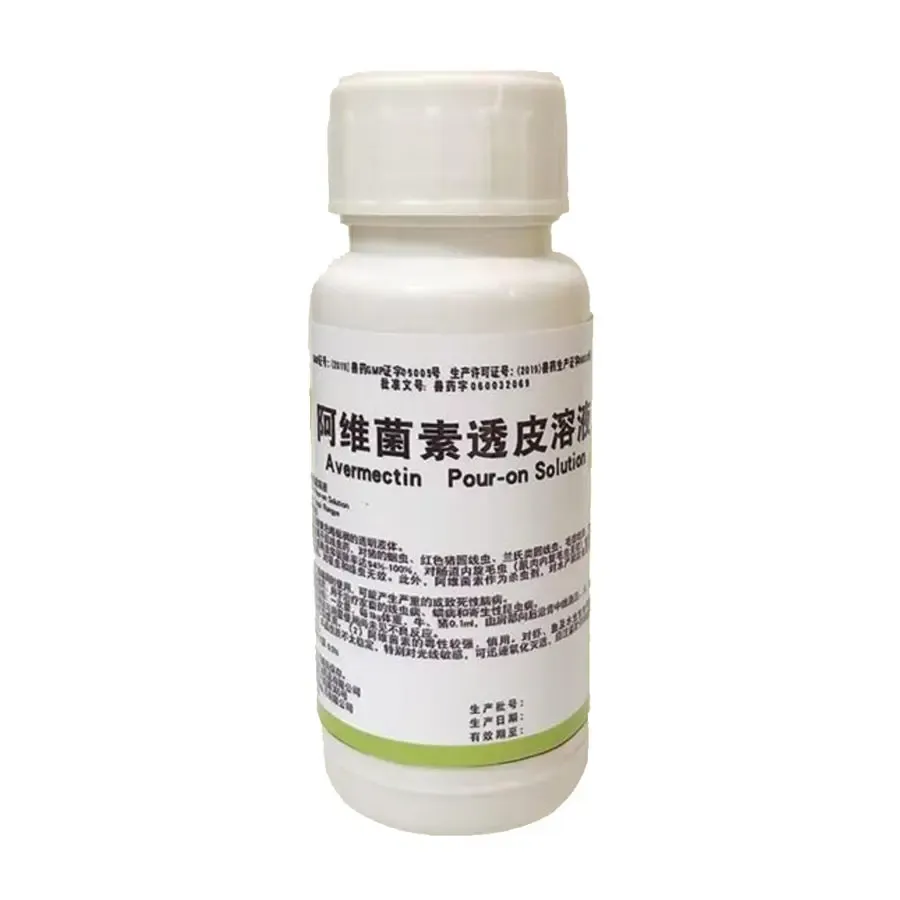- Afrikaans
- Albanian
- Amharic
- Arabic
- Armenian
- Azerbaijani
- Basque
- Belarusian
- Bengali
- Bosnian
- Bulgarian
- Catalan
- Cebuano
- Corsican
- Croatian
- Czech
- Danish
- Dutch
- English
- Esperanto
- Estonian
- Finnish
- French
- Frisian
- Galician
- Georgian
- German
- Greek
- Gujarati
- Haitian Creole
- hausa
- hawaiian
- Hebrew
- Hindi
- Miao
- Hungarian
- Icelandic
- igbo
- Indonesian
- irish
- Italian
- Japanese
- Javanese
- Kannada
- kazakh
- Khmer
- Rwandese
- Korean
- Kurdish
- Kyrgyz
- Lao
- Latin
- Latvian
- Lithuanian
- Luxembourgish
- Macedonian
- Malgashi
- Malay
- Malayalam
- Maltese
- Maori
- Marathi
- Mongolian
- Myanmar
- Nepali
- Norwegian
- Norwegian
- Occitan
- Pashto
- Persian
- Polish
- Portuguese
- Punjabi
- Romanian
- Russian
- Samoan
- Scottish Gaelic
- Serbian
- Sesotho
- Shona
- Sindhi
- Sinhala
- Slovak
- Slovenian
- Somali
- Spanish
- Sundanese
- Swahili
- Swedish
- Tagalog
- Tajik
- Tamil
- Tatar
- Telugu
- Thai
- Turkish
- Turkmen
- Ukrainian
- Urdu
- Uighur
- Uzbek
- Vietnamese
- Welsh
- Bantu
- Yiddish
- Yoruba
- Zulu
8 月 . 14, 2024 07:51 Back to list
Guide to Using 1% Ivermectin Injectable for Effective Goat Parasite Control and Health Management
The Use of 1% Ivermectin Injectable for Goats A Comprehensive Overview
Ivermectin is a widely used antiparasitic agent that has gained popularity in veterinary medicine, particularly for livestock such as goats. The formulation of 1% ivermectin injectable is specifically designed to combat a range of internal and external parasites that can affect the health and productivity of goats. Understanding how and when to use this medication is crucial for goat farmers seeking to maintain the well-being of their herd.
What is Ivermectin?
Ivermectin is a macrocyclic lactone derived from the bacterium *Streptomyces avermitilis*. Its primary action is to disrupt the nervous system of parasites, leading to paralysis and death. This drug is effective against various parasites, including nematodes, mites, and certain ectoparasites like lice and ticks. The injectable form offers a convenient and effective way to deliver the medication to goats, ensuring rapid absorption and therapeutic effects.
Indications for Use
1% ivermectin injectable is primarily indicated for the treatment and control of parasitic infections in goats
. Common parasites targeted include- Gastrointestinal Nematodes Worms such as *Haemonchus contortus*, commonly known as the barber's pole worm, can severely affect the health of goats, leading to anemia and weight loss. - Lungworms *Dichelobacter viviparus* is another parasite that can cause respiratory issues in goats. - Ectoparasites External parasites like mites and lice can cause significant discomfort and secondary infections, leading to a decline in the health of the herd.
Dosage and Administration
1 ivermectin injectable for goats

The standard dosage for 1% ivermectin injectable in goats is usually around 0.2 mg per kg of body weight. The administration route is subcutaneous, usually in the neck region for ease and to avoid damaging any muscular tissue. It is important to use proper aseptic techniques to minimize the risk of infection at the injection site.
Goat owners are advised to weigh their animals accurately before administration to ensure they receive the correct dosage. Overdosing can lead to toxic effects, while underdosing may not effectively control the parasite load, leading to resistance development.
Benefits of Using Ivermectin Injectable
One of the primary advantages of using 1% ivermectin injectable is its convenience. When facing severe infestations, injectable medications provide a more immediate effect compared to oral medications, which must be digested and absorbed. Additionally, the long half-life of ivermectin allows for extended protection against reinfection, which is crucial in environments where goats continually interact with soil and other contaminants.
Resistance Concerns
While ivermectin is highly effective, increasing resistance among parasite populations is a growing concern. To mitigate this risk, it is essential to implement strategic deworming practices, such as rotating different classes of anthelmintics and performing fecal egg counts to monitor parasite levels. Regularly assessing the efficacy of treatments can help maintain the effectiveness of ivermectin.
Conclusion
The use of 1% ivermectin injectable for goats is an important tool in veterinary parasitology that contributes to the overall health and productivity of herds. Proper understanding of its indications, dosage, and administration techniques can significantly enhance the welfare of goats. However, attention must be given to the development of resistance and the implementation of good management practices to ensure that this valuable medication remains effective. By integrating these strategies, goat farmers can maintain healthy herds and support their agricultural productivity.
-
The Power of Radix Isatidis Extract for Your Health and Wellness
NewsOct.29,2024
-
Neomycin Sulfate Soluble Powder: A Versatile Solution for Pet Health
NewsOct.29,2024
-
Lincomycin Hydrochloride Soluble Powder – The Essential Solution
NewsOct.29,2024
-
Garamycin Gentamicin Sulfate for Effective Infection Control
NewsOct.29,2024
-
Doxycycline Hyclate Soluble Powder: Your Antibiotic Needs
NewsOct.29,2024
-
Tilmicosin Premix: The Ultimate Solution for Poultry Health
NewsOct.29,2024













